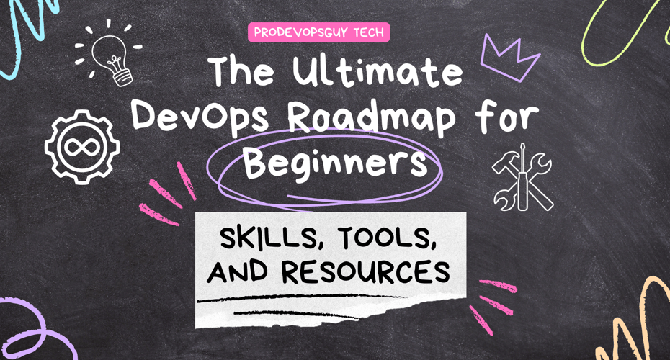Dev
1M
303

Image Credit: Dev
The Ultimate DevOps Roadmap for Beginners: Skills, Tools, and Resources
- DevOps combines software development and IT operations to streamline workflows, boost efficiency, and deliver high-quality software continuously. It encourages collaborative culture by merging traditionally siloed teams and automating processes.
- DevOps rests on four core principles: collaboration, automation, continuous improvement, and monitoring and feedback.
- Core Technical skills you need to become a DevOps engineer include Linux/Unix Fundamentals, scripting languages, version control systems, CI/CD pipelines, Infrastructure as Code (IaC), Containers and Orchestration, and Cloud Platforms.
- Soft skills including collaboration and communication, problem-solving, and adaptability are equally critical for successful DevOps teams.
- Key DevOps tools include Version Control and Collaboration Tools like Git and GitHub, CI/CD Tools like Jenkins and CircleCI, IaC Tools like Terraform, Ansible and AWS CloudFormation, Containerization Tools like Docker and Kubernetes, Monitoring and Logging Tools like Prometheus, Grafana, and EFK, and Cloud Platforms like Amazon Web Services (AWS), Microsoft Azure, and Google Cloud Platform (GCP).
- Learning Resources include official documentation, online courses on platforms like Udemy and Coursera, books like The Phoenix Project by Gene Kim, and communities and forums like DevOps Stack Exchange and Dev.to.
- Continuous learning and experimentation are key to mastering DevOps, and this roadmap helps beginners navigate the DevOps world confidently, leveraging the right tools and resources for success.
- By gaining DevOps skills and using powerful tools, developers and IT professionals can make day-to-day workflows more efficient and effective.
Read Full Article
18 Likes
For uninterrupted reading, download the app